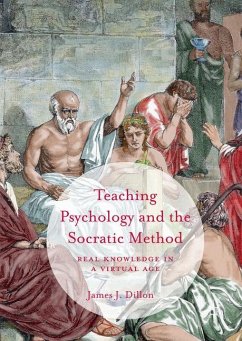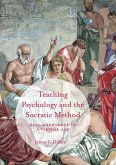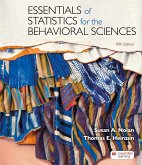This book presents a lively and accessible way to use the ancient figure of Socrates to teach modern psychology that avoids the didactic lecture and sterile textbook. In the online age, is a living teacher even needed? What can college students learn face-to-face from a teacher they cannot learn anywhere else? The answer is what most teachers already seek to do: help students think critically, clearly define concepts, logically reason from premises to conclusions, engage in thoughtful and persuasive communication, and actively engage the franchise of democratic citizenship. But achieving these outcomes requires an intimate, interpersonal learning community. This book presents a plan for using the ancient figure of Socrates and his Method to realize humane learning outcomes in the context of psychology.
"James J. Dillon argues that we need to focus more on helping students learn how to think and less on content that they are likely to forget anyway. ... Dillon's purpose is to present a unique plan for integrating the Socratic method into a psychology course. ... I recommend that psychology faculty read Teaching Psychology and the Socratic Method. It is likely to stimulate some thought about how best to stimulate thought in our students." (David S. Kreiner, PsycCRITIQUES, Vol. 62 (14), April, 2017)








